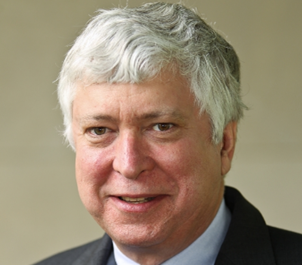Program overview
This one-day workshop surveys the practice of case study teaching and other participant-based learning techniques. The program blends discussions, case analyses, and hands-on activities to build critical thinking and problem-solving capacity for public policy leaders. Participants will explore simulations and other online and asynchronous participant-based techniques to encourage impactful learning and retention within their teams, classrooms, or other media of communication they utilize.


Mode of Learning
In-person
Location
KSPP
Language
English
Duration
1 Day
Program Start
October 8, 2025
Program End
October 8, 2025
Program Hours
09:00 AM – 05:00 PM
Learning Outcomes
Analyze and discuss complex public policy issues.
Facilitate interactive approaches that build engagement and critical thinking within teams or classrooms.
- Apply simulations, alternative materials, and online methods to explore policy challenges.
Evaluate and reflect on strategies for addressing policy and organizational contexts.
Who Should Attend?

Business and public policy academics
who use case studies in degree and executive education programs.

Learning and development professionals
aiming to infuse more local content into teaching modules.

Public Policy Leaders
seeking to maximize the impact of Saudi success stories and embed them into organizational memory.

+ 5 Years of experience
Minimum of five years of professional experience in training, learning and development, or leading teams in government, corporate, or non-profit organizations.

Proficiency of written and spoken English
The program will be delivered in English. Applicants should be proficient in written and spoken English.
Faculty

Kent Weaver
Kent Weaver is Faculty Director for Executive Education and International Initiatives at the McCourt School of Public Policy. His research focuses on American and comparative social policy, comparative political institutions, and policy implementation. He is particularly interested in how political institutions, feedback from past policy choices, and the motivations of politicians interact to shape public policy. Much of his work examines why and when politicians pursue actions that may involve more political risks than rewards.
View Details












